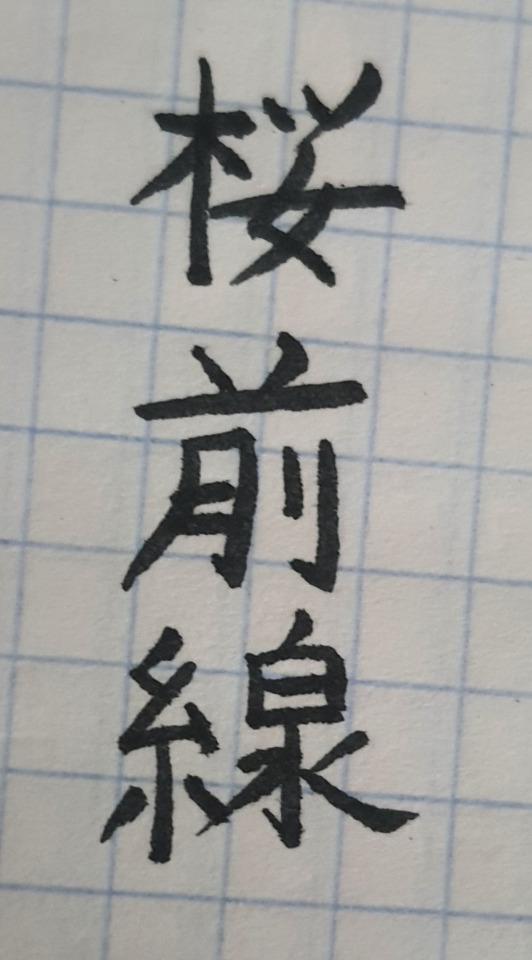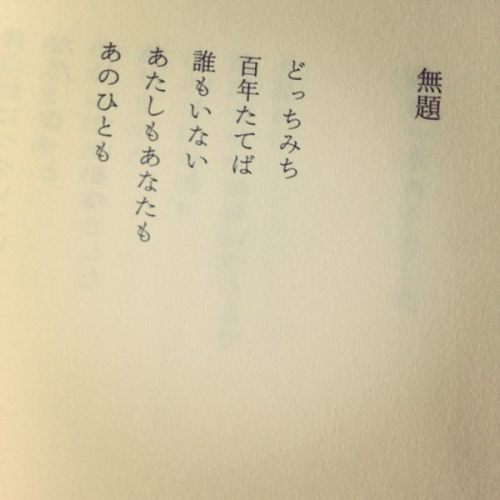
Hi! I'm Karina. I like drawing and learning languages! Here I post Japanese mini-lessons and my art. My Telegram: https://t.me/Jpartist_kiryu
46 posts
- (nihongo) Means Japanese Language.

「日本語」 - (nihongo) means Japanese language.
Here is my first everyday kanji lesson!
-
 officialzombeefish liked this · 1 year ago
officialzombeefish liked this · 1 year ago -
 unstablebeing liked this · 1 year ago
unstablebeing liked this · 1 year ago -
 kiomwil liked this · 1 year ago
kiomwil liked this · 1 year ago -
 langauge-learning-fun reblogged this · 1 year ago
langauge-learning-fun reblogged this · 1 year ago -
 fandoms-are-for-life liked this · 1 year ago
fandoms-are-for-life liked this · 1 year ago -
 waku-waku-week liked this · 1 year ago
waku-waku-week liked this · 1 year ago -
 dustmold-n-dirtarchaeology reblogged this · 1 year ago
dustmold-n-dirtarchaeology reblogged this · 1 year ago -
 dustmold-n-dirtarchaeology liked this · 1 year ago
dustmold-n-dirtarchaeology liked this · 1 year ago -
 sharpandpointies liked this · 1 year ago
sharpandpointies liked this · 1 year ago -
 711kinjal liked this · 1 year ago
711kinjal liked this · 1 year ago -
 drzephyr liked this · 1 year ago
drzephyr liked this · 1 year ago -
 crimson-chariot liked this · 1 year ago
crimson-chariot liked this · 1 year ago -
 troublewithregeneration liked this · 1 year ago
troublewithregeneration liked this · 1 year ago -
 warau-okami reblogged this · 1 year ago
warau-okami reblogged this · 1 year ago -
 ros3ybabe liked this · 1 year ago
ros3ybabe liked this · 1 year ago -
 positivemotivation liked this · 1 year ago
positivemotivation liked this · 1 year ago -
 misakiusui07 liked this · 1 year ago
misakiusui07 liked this · 1 year ago
More Posts from Jpartkiryu

Genji is not a perfect person, but there’s a purity to him, a beauty that’s clearly meant to be lauded, particularly in contrast to later chapters. He’s in love with love, a true romantic, and his sometimes unwise affairs are motivated by a true sense of love. He never abandons one of his lovers, which in this time is crucial. No matter the shame it brings to himself, he tries to find a way to honor the women he’s fallen for. He’s charming. No one can not love him, or ultimately forgive him his faults.
The age of Tale of Genji had strict rules of romance—of how flirtations worked (largely intermediaries and poetry), of how commitments worked, of how aloof vs. present it was appropriate to be (it’s good to commit but bad to hoard or become jealous). It was possible to love too much. Genji is accused of this, but he always remembers to care for the people he is responsible for—once he grows up that is.
Early in the text, he neglects his wife, and he also neglects “the Rokujo lady.” The Rokujo lady becomes so jealous and enraged that her spirit begins to sicken his wife. This ghost returns more than once over the course of the text. She has grown sick from obsession and neglect, and Genji pays the price for it. It’s part of what motivates him to always care for the women he romances for the rest of his life.
Later, in the “Uji” chapters, young Kaoru and prince Niou also love too much. Niou is impulsive like Genji but also flighty, and Kaoru is serious like Genji but also obsessive. Both men pursue the women at Uji with insistence that the text can’t quite forgive as it could for Genji. Both, somehow, go too far—perhaps in their attempts to hoard, or in their impatience.

桜前線 「さくらぜんせん」 (sakura zensen) 🍒🌸
It means the cherry blossom front. The Japan Meteorological Agency records the opening and full bloom of the blossoms from Kyūshū in late March to Hokkaidō in the middle of May. I wrote this kanji because the cherry blossom season has started in Japan.

The cherry blossom front between Kyushu and Kanto, 2007


